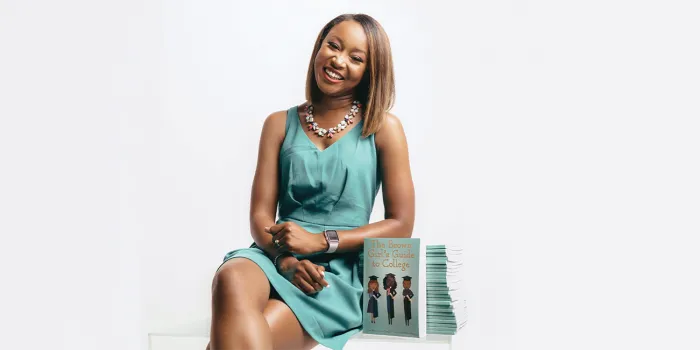I was diagnosed with von Willebrand disease during high school, and doctors later discovered I also have factor VII deficiency. Quite honestly, my bleeding disorders have never stopped me from doing what I want. If anything, they’ve only motivated me even more.
They’ve certainly driven my life choices. I was voted the first black senior class president of my high school, a distinction I’m very proud of. Unfortunately, during that year, I had my wisdom teeth pulled and my doctors could not control the bleeding. While I was out of school, they voted on who would speak during graduation. Traditionally, the class president speaks, but because I was not there, I didn’t get enough votes to speak.
That experience was very disappointing yet really eye-opening for me. Things like the Americans with Disabilities Act and the Individuals with Disabilities Education Act are incredibly important laws that need to be followed. There are so many kids like me who need help. We need protections, and we need to make sure that schools that are not being inclusive to all of their students are held accountable.
I recently graduated from law school at the University of Tennessee College of Law. Once I pass the bar exam, I hope to practice education and employment law.
My educational path was a little different from a lot of people. My parents went to college when I was in middle and high school. So although I’m not technically a first-generation college student, there were a lot of things I had to learn for myself. When I first started law school, I felt so behind the curve—everybody knew things that I didn’t, because they had this generational knowledge passed down to them that I lacked.
I texted a few friends who were in similar situations, and it turns out they all felt like I did. We decided we didn’t want any other person of color to go through what we did, so we put our heads together and wrote a book called The Brown Girl’s Guide to College. After we wrote it, we realized we could do even more, so we started a nonprofit called The Cooperative. Our goals are to develop and equip minorities with the resources needed for sustainable growth.
Back when I was diagnosed, I started to go to conferences, and I met a lot of people with bleeding disorders. It made me realize there are so many others out there with issues just like mine. That awareness motivated me to be the best version of myself and to be an example for people who have rare diseases, particularly invisible ones—diseases that you can’t see but affect us on the inside.
For me, having a bleeding disorder has never been a barrier. Instead, it’s been an inspiration.

